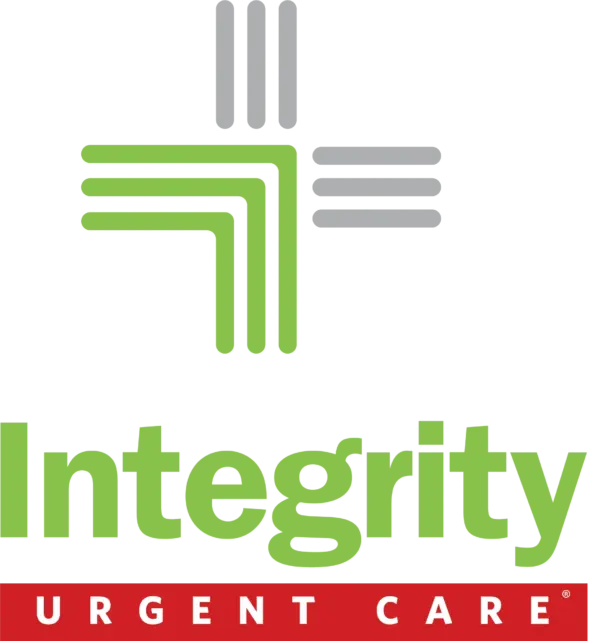Health insurance can be confusing and overwhelming. In order to better understand your insurance plan, you need to be familiar with these four terms.
Premium- The amount you pay the insurance company each month for coverage. If your employer provides insurance, they most likely pay some of your premium and your share is taken out of your paycheck.
Deductible- The amount that you must pay before the insurance company starts paying their share of your medical costs. For example, if you have a $1000 deductible, you are responsible for paying the first $1000 of your medical costs before the insurance company begins to pay.
Coinsurance- The percentage of your healthcare costs that you are responsible for after the deductible has been met. This is often 10 or 20%. Many high deductible plans do not have coinsurance; they cover costs at 100% after the deductible is met.
Copay- The preset amount that you pay for a certain type of care. For example, you may pay a $30 copay for a doctor’s visit. Copays often do not count towards your deductible.
Other things to know:
- Currently, the ACA requires most insurance plans to cover preventative care at 100%, regardless of whether or not you have met your deductible. This includes child checkups, physicals, vaccinations (including the flu shot), annual eye exams, and well woman exams.
- If you don’t expect to use much care during the year, or if you have insurance mainly for protection against really high bills and for preventive care, a lower premium plan may save you money. Your deductible will be higher, but you may save money overall on a plan with a lower premium. It’s important to look over your options each year to find the best plan for you.
- Deductibles start over at the end of the calendar year. Therefore, even if you met your deductible last year, you’re starting over again this year. Urgent care visits will cost much less than emergency room visits, where you might meet your entire deductible in one visit.
- Regardless of your insurance plan, you will always save money by visiting an urgent care center instead of an emergency room for non-emergency illnesses and injuries. Copays at an urgent care center such as Integrity Urgent Care are much less than those at an emergency clinic. Many emergency clinics also will send three bills – one for the visit, one for the facility, and one for the doctor. At Integrity Urgent Care, you will only receive one bill. Integrity is open from 8 am – 8 pm every day and no appointment is ever needed.
Source: https://www.healthcare.gov/blog/understanding-health-care-costs/






